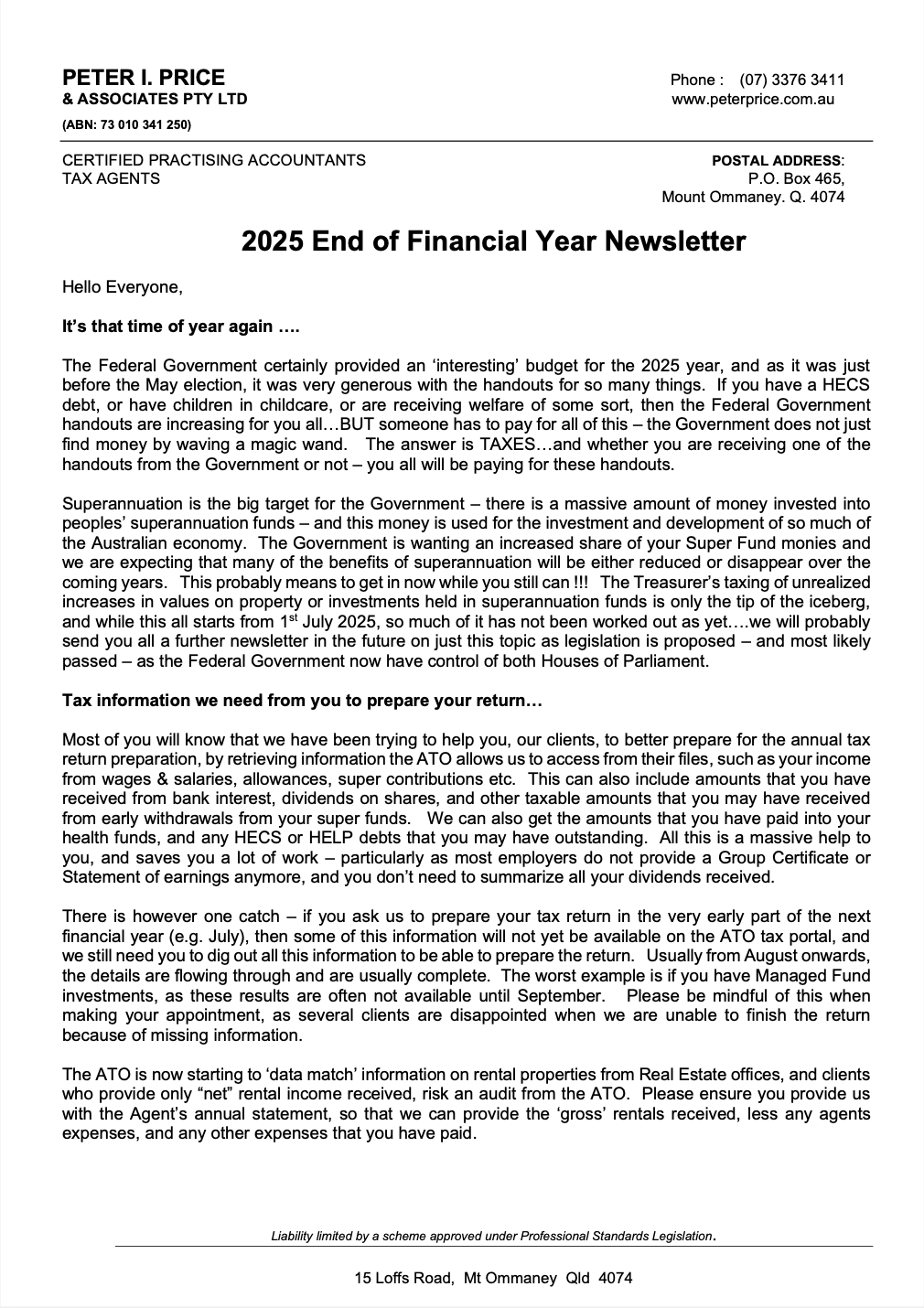How Do I Respond to an Allegation of Trade Mark Infringement?

.
Everything is going great until you receive a letter claiming you have infringed on someone else’s trade mark. This article explores how you can respond to an allegation of trade mark infringement and the available defences.
Understanding the Allegation
If another business (or their lawyers) notifies you that your business’ name or logo infringes on their trade mark rights, it is essential to first assess whether the allegations are true. Once you understand what the registered trade mark owner is claiming, you can respond with a suitable reply that considers the defences available to you.
The Trade Marks Act 1995 (Cth) (TCA) sets out that if a name or logo is substantially identical or deceptively similar to an existing trade mark (and in relation to the same goods or services), it will amount to trade mark infringement. This is the case if the goods or services are the same or closely related.
You may also be infringing someone’s trade mark if it is well-known in Australia, even though it is registered for unrelated goods or services. Given the trade mark’s notoriety, an ordinary person could make a connection between the unrelated goods or services and the registered mark.
An Example: Using a Well-Known Trade Mark
DC Comics v Cheqout Pty Ltd (2013) 212 FCR 194 (FCA) explains how using a well-known trade mark in bad faith will lead to infringement.
Cheqout applied to register the name ‘superman workout’ in class 41 for exercise classes. DC Comics opposed the application because it has registered the name ‘Superman’ for various goods and services in Australia. They argued that ‘Superman’ is well-known in Australia. Consequently, it would confuse or deceive the public into thinking the ‘superman workouts’ were associated with the comic book character, ‘Superman’.
The Court stated that ‘Superman’ is undoubtedly a recognisable character. However, without a reference to the indicia of the character, there would be no confusion with the phrase ‘superman workouts’.
Cheqout had maintained that they were not associating the ‘superman workout’ with the ‘Superman’ character. However, evidence showed that Cheqout was using the ‘superman workouts’ phrase together with a shield device recognised as a ‘Superman’ symbol to relate to strength and fitness. As such, the indicia of DC Comics was used in association with the name, meaning Cheqout was using their trade mark in bad faith.
Recent Changes to the Law
It is important to remember that when determining whether two competing trade marks are deceptively similar, the Courts will no longer consider reputation or notoriety in an earlier mark to be a relevant consideration.
This new feature of trade mark infringement in Australia was established in early 2023 through the High Court decision of Self Care IP Holdings Pty Ltd v Allergan Australia Pty Ltd [2023] HCA 8. This case sets a new precedent establishing trade mark infringement in the marketplace.
Defences to Allegations of Trade Mark Infringement
There are several defences available under the TCA, including using any of the following:
- a person’s name in good faith (such as part of the name of a company);
- the name of a person’s place of business in good faith;
- the name in good faith to describe goods and services; or
- a name for the purpose of comparative advertising.
If your defence is successful, you can continue using a certain name or logo, and it would not amount to trade mark infringement.
An Example: Using Your Own Name
Optical 88 Limited v Optical 88 Pty Limited [2011] FCAFC 130 illustrates that you would not be infringing an already registered trade mark where the name you are using is your given name.
Optical 88 Limited is a company incorporated in Hong Kong (Optical 88 HK) with trade marks registered in Australia. It brought an action against Optical 88 Pty Ltd (Optical 88 AUS) for trade mark infringement.
Optical 88 AUS was able to rely on the defence that its use of the words ‘Optical 88’ to run its business was in good faith because it was using its own name.
Additionally, the Court clarified that acting in good faith involves considering whether:
- it was an honest use of the trade mark;
- there was intent to deceive the public into an association that doesn’t exist; and
- the trade mark was trying to appropriate the goodwill that the other business had acquired.
If you believe your use of the registered trade mark was in good faith, you may have a valid defence to using the mark. It is important to speak to a trade mark lawyer to ensure that you respond with every possible available defence to you.
Commercial Considerations
When facing an allegation of trade mark infringement, you should consider whether engaging in a trade marks dispute to defend your position is worthwhile for your business. For instance, your business might be relatively new and are yet to acquire any goodwill or reputation with the public or in your industry. In that case, it may be worthwhile to change your business name or logo to one that is not infringing on someone else’s. This option would certainly be cheaper and less stressful than undergoing potential litigation.
On the other hand, you may have grown attached to your business name or logo. Likewise, you may have spent considerable sums of money growing your business around your brand and developed a strong presence in your sector under that name. Accordingly, pursuing your case and trying to get a favourable outcome may be commercially sensible to protect your business and trade mark.
Whether you are fighting your dispute in court or out, it is an expensive and personally taxing process that may still not provide you with a desirable outcome. You should weigh these commercial considerations before responding to an allegation of trade mark infringement.
Key Takeaways
Devising your business’ name and logo is a big part of starting a business. However, you may find yourself at the receiving end of a trade mark infringement notice. The first step is to understand the allegation and consider whether defences are available. It is best practice to speak to a qualified lawyer who can guide you through your options.
Shannon Macdonald
September 8
legalvision.com.au

